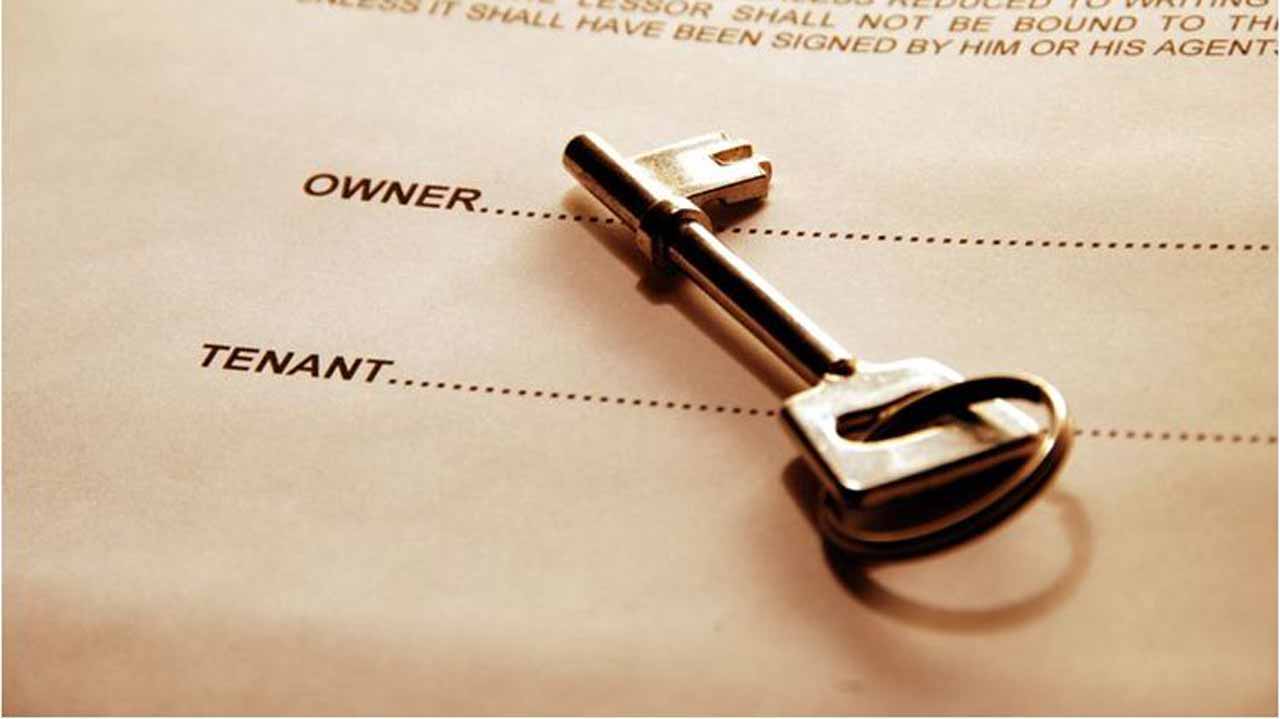Tenant Rights: Reasons Your Landlord Can Evict You
Find out if your landlord needs a reason to evict you and what you can do if they start the legal process for eviction.
Eviction for no reason: Section 21
Your private landlord doesn't need a legal reason or ground to evict you from an assured shorthold tenancy.
They can:
- give you a valid section 21 notice
- take court action and obtain a possession order
- ask the bailiffs to evict you.
In some situations a landlord can apply for a court order where a judge makes a decision without a court hearing. This is called the accelerated possession procedure. There are a number of rules the landlord must follow for the notice to be valid. The landlord must apply to court for possession of the property if you don't leave when the notice expires.
You should get advice from an independent adviser, if you receive a notice.
You can challenge a section 21 eviction if the notice used is not valid, for example if it doesn't contain the correct information or your landlord failed to protect your tenancy deposit. You'll need to attend a court hearing.
Eviction for rent arrears
Naturally, you are at huge risk of eviction if you don't pay your rent. You must take action quickly to deal with rent arrears. Talk to your landlord. You may be able to come to an agreement with your landlord to pay off your arrears over time. Make sure that this is affordable and that you can keep to the arrangement. You are less likely to be evicted if you keep the agreements you make.
Eviction for antisocial behaviour
Your landlord may want to evict you because of antisocial behaviour. If you agree that your behaviour has caused problems, you should do everything to make sure it stops. The first step is to show your landlord that the problems have stopped. If your landlord takes you to court, you'll have to persuade the judge that the problems won't continue. Also, you may be able to go to mediation to sort out your problems if your neighbours have been complaining unreasonably about your behaviour or noise.
Eviction for causing damage
Your landlord may want to evict you because you haven't taken care of your home. This could be because you aren't keeping it reasonably clean or because you have damaged it or allowed it to be damaged.
You could repair the damage or offer to pay for the repairs if you have damaged the property. Only try to repair something yourself if you know what you are doing. Making the damage worse will only cause more problems with your landlord.
If you have neglected your home, you must deal with the problem and prove that you can keep the place in good condition. Tell your landlord if you are having difficulty looking after the place because of problems with your health. They may be able to put you in touch with someone who can help you look after your home.
You can contact the council's social services department to ask for an assessment of your needs and arrange for some help.
Eviction if your landlord thinks you've moved out
Your landlord may want to evict you if they think you aren't living in your home, especially if you have been away for a while.
Contact your landlord. Explain that you have been away but still want to come back to live in your home. You should have a good reason for being away, such as looking after a sick relative or working away from home for a short time.
If you are living in your home, you may be able to prove this by showing your telephone, gas or electricity bills.
Eviction by a partner or ex-partner
If you're married or in a civil partnership, you have 'home rights'. This means that you can't legally be evicted by your ex even if you're not the tenant or homeowner. You can only be excluded from the family home by a court. If your ex evicts you without a court order you can apply for an occupation order to re-enter the home.
'Home rights' don't:
- stop a landlord or lender taking steps to evict or repossess a property
- apply to cohabitants who are not married or in a civil partnership
Get advice from a solicitor specialising in family law if a partner or ex-partner tries to exclude you from the family home.
Based on http://england.shelter.org.uk
